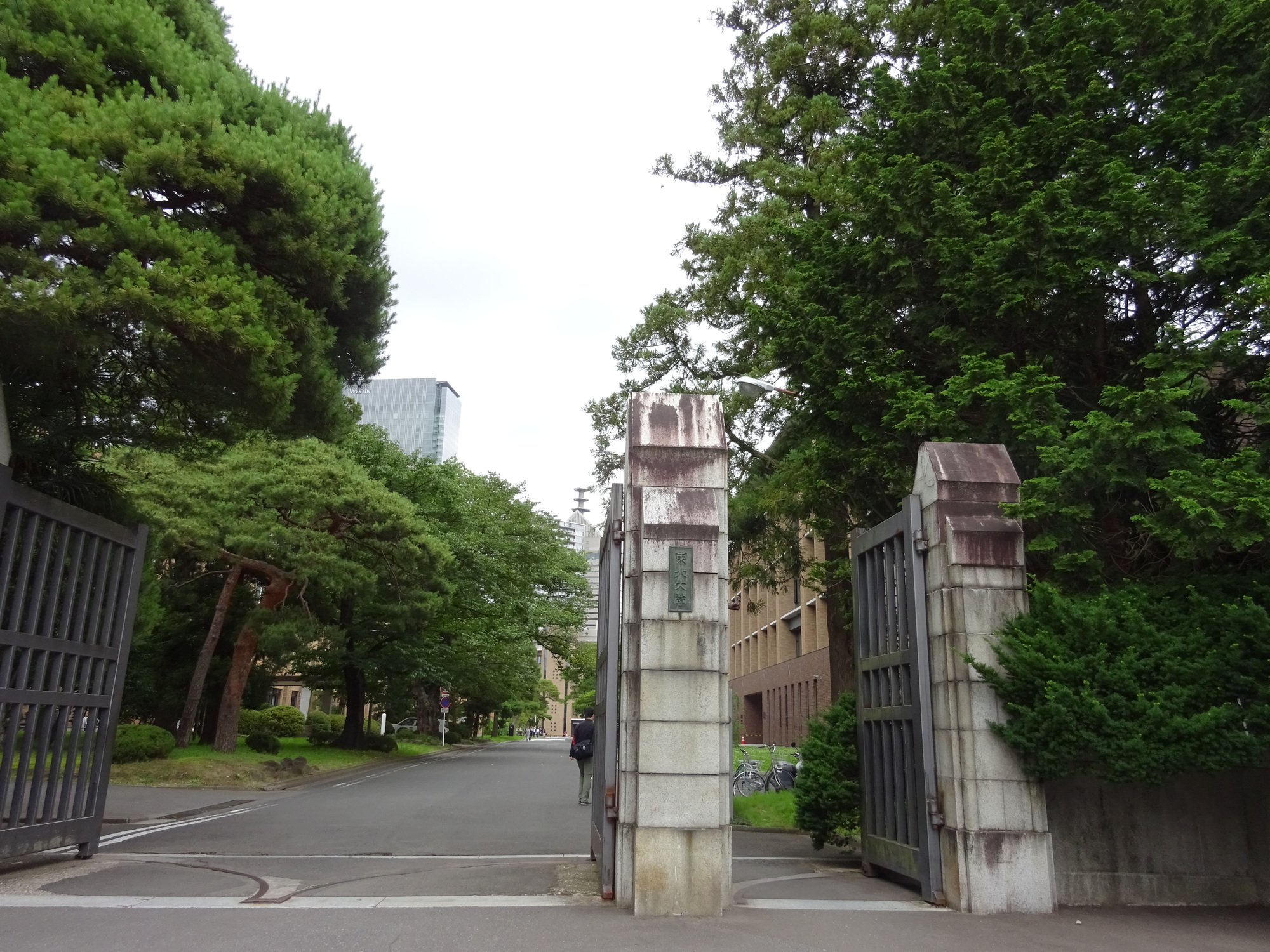Tohoku University is the first in the world to investigate the relationship between information on elderly people living in the area before the earthquake and the causes of death due to the tsunami in an international joint research with Chiba University and Harvard University.Furthermore, we investigated the medium-term mortality risk after the earthquake, which changes the living environment.
Disasters cause many deaths around the world every year.Although it is important to identify and respond to the vulnerable to disaster, few studies have examined the various characteristics of individuals as to what kind of people are likely to die.That's because little pre-disaster investigations have been done.
This time, for the first time in the world, we investigated the relationship between "survey of various factors including pre-disaster health condition and behavior" and "death due to tsunami" conducted for elderly people living in the area.
Of the 860 survey participants, 33 (mortality rate = 3.8%) died on the day of the earthquake.The mortality rate of people who had a severe depressive tendency before the earthquake was as high as 12.8%, and the odds of death (probability) were found to be significantly higher at 3.90 times, even considering various factors.
Also, although not statistically significant, those who met tended to have higher odds ratios for death than those who did not.It is presumed that the evacuation was delayed due to the action to help the friend.
Between March 2011, 3 and May 12, 2014, the day after the earthquake, 5 people died (the mortality rate among 5 people was 95%).Those who met friends had a significantly lower risk of death (odds ratio = 827).It is thought that people's connections are effective in protecting their health by making it easy to obtain useful information and increasing the number of counselors.
From this result, it is inferred that people with severe depressive tendency should be recognized as high-risk people who are delayed in evacuation in the event of a disaster.Also, interacting with friends reduces the risk of death after the earthquake, but isolated victims need help.
Paper information:[Scientific Reports] Risk of mortality during and after the 2011 Great East Japan Earthquake and Tsunami among older coastal residents


